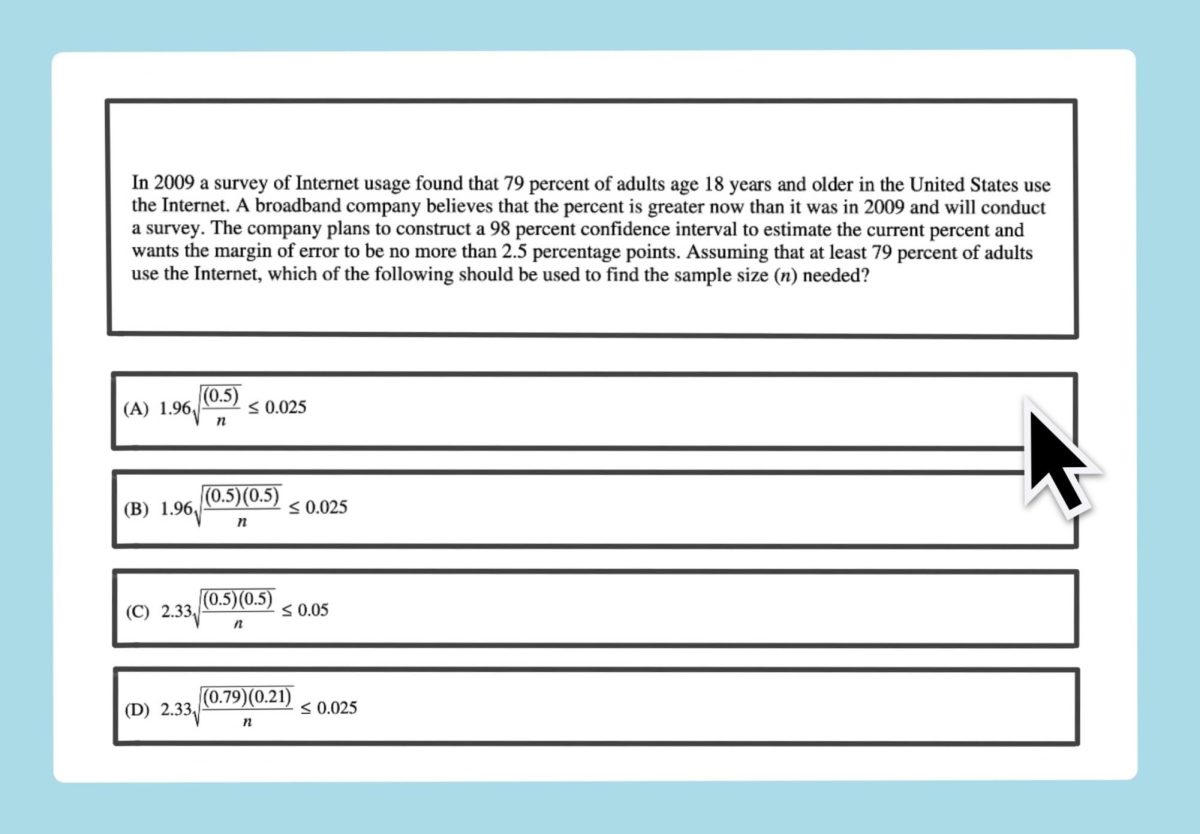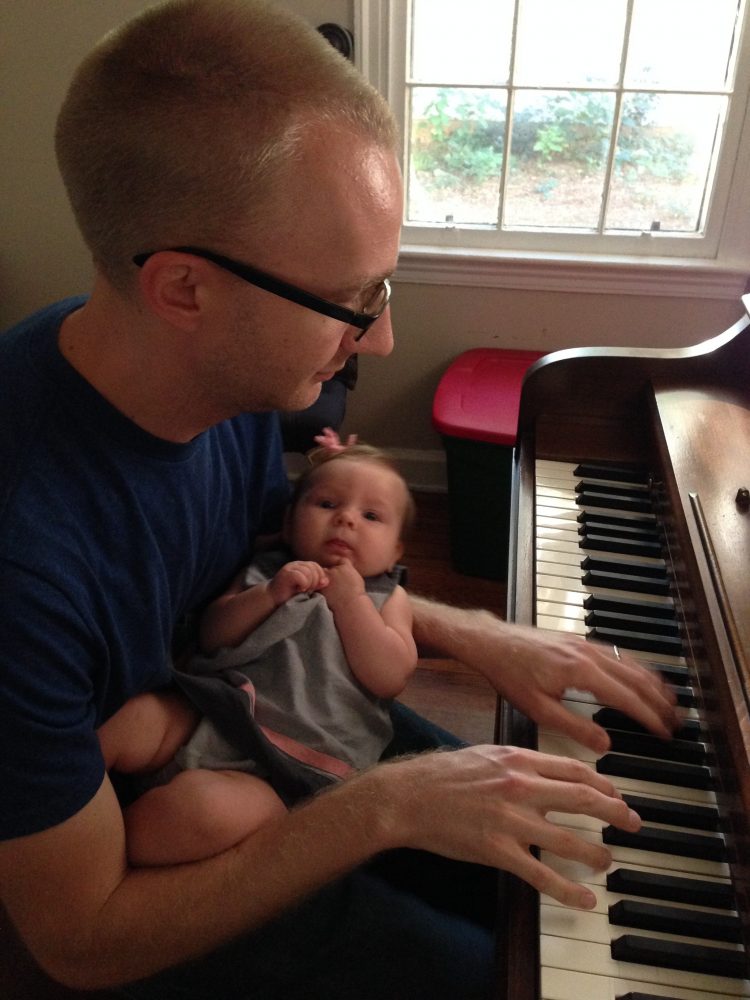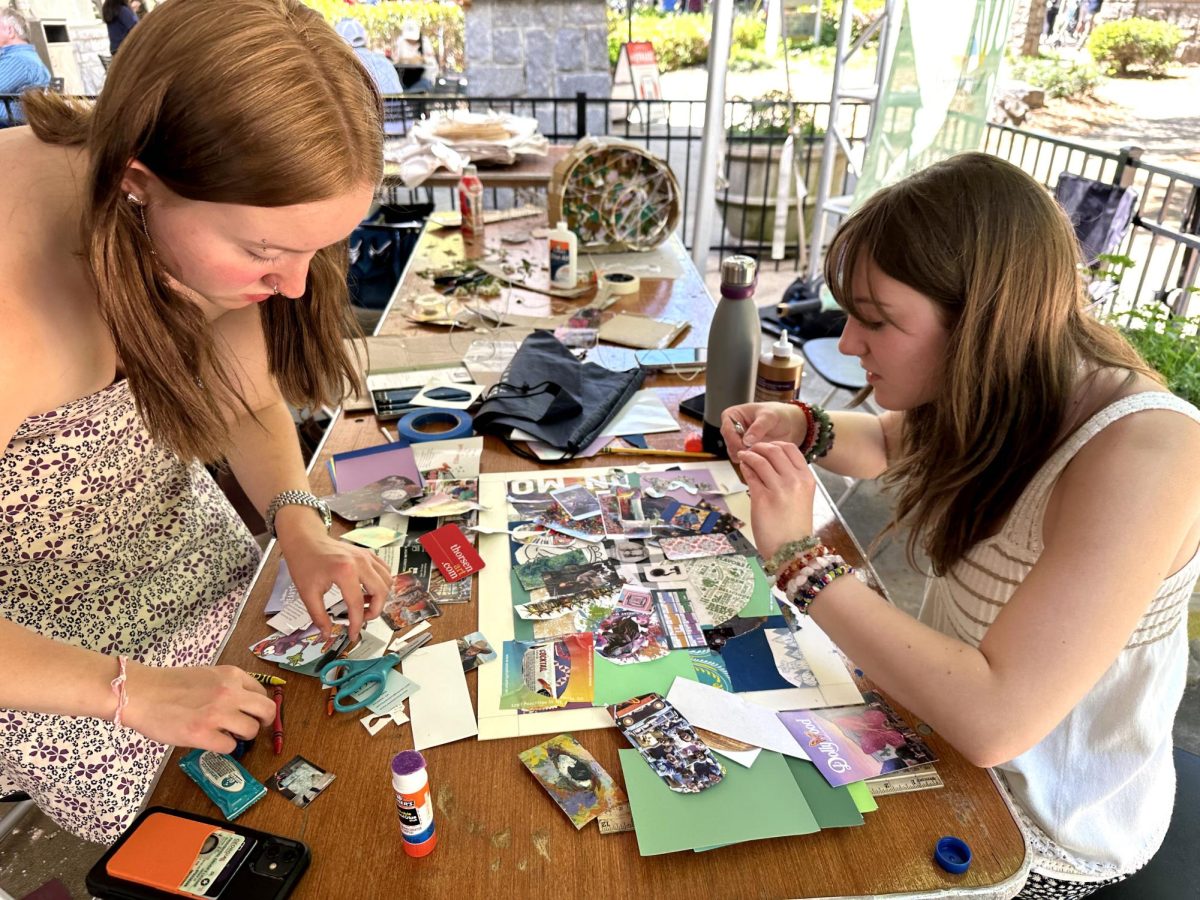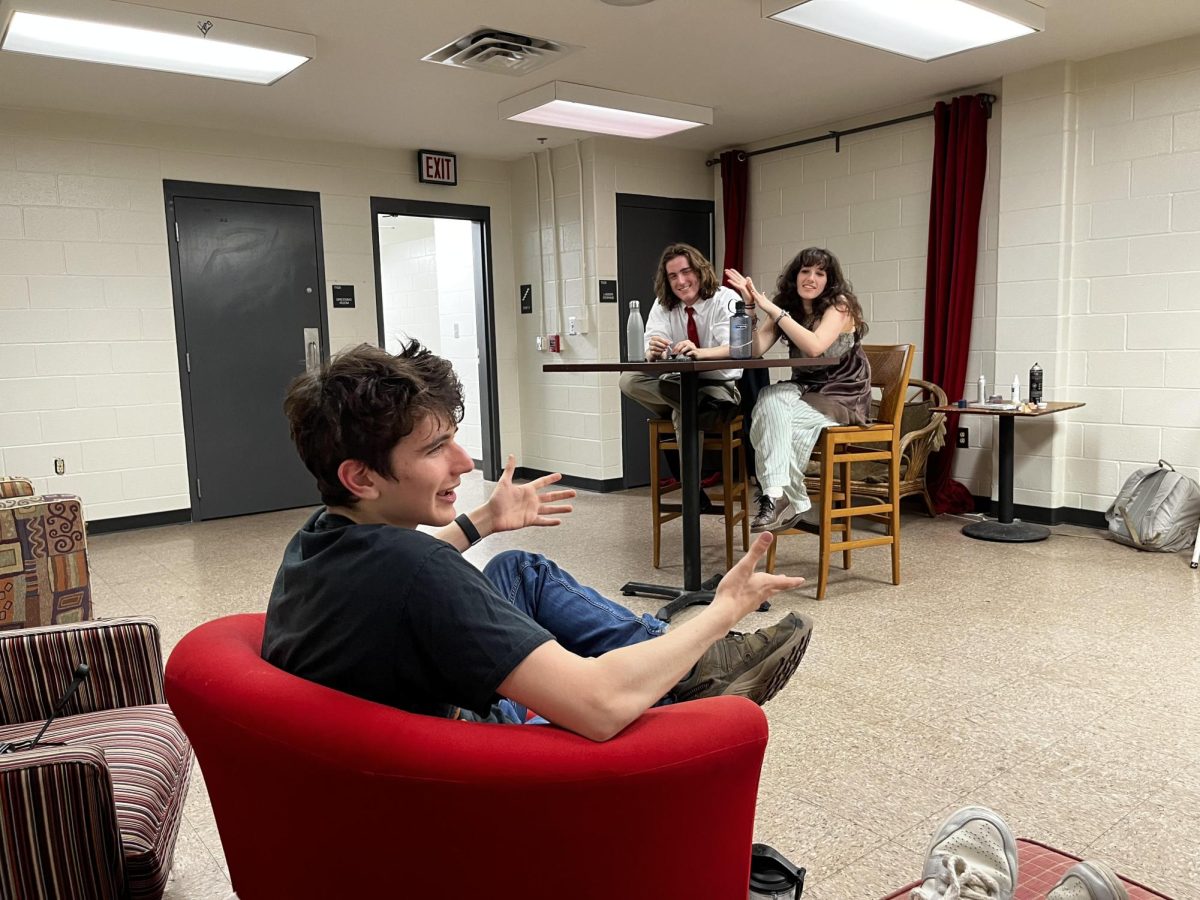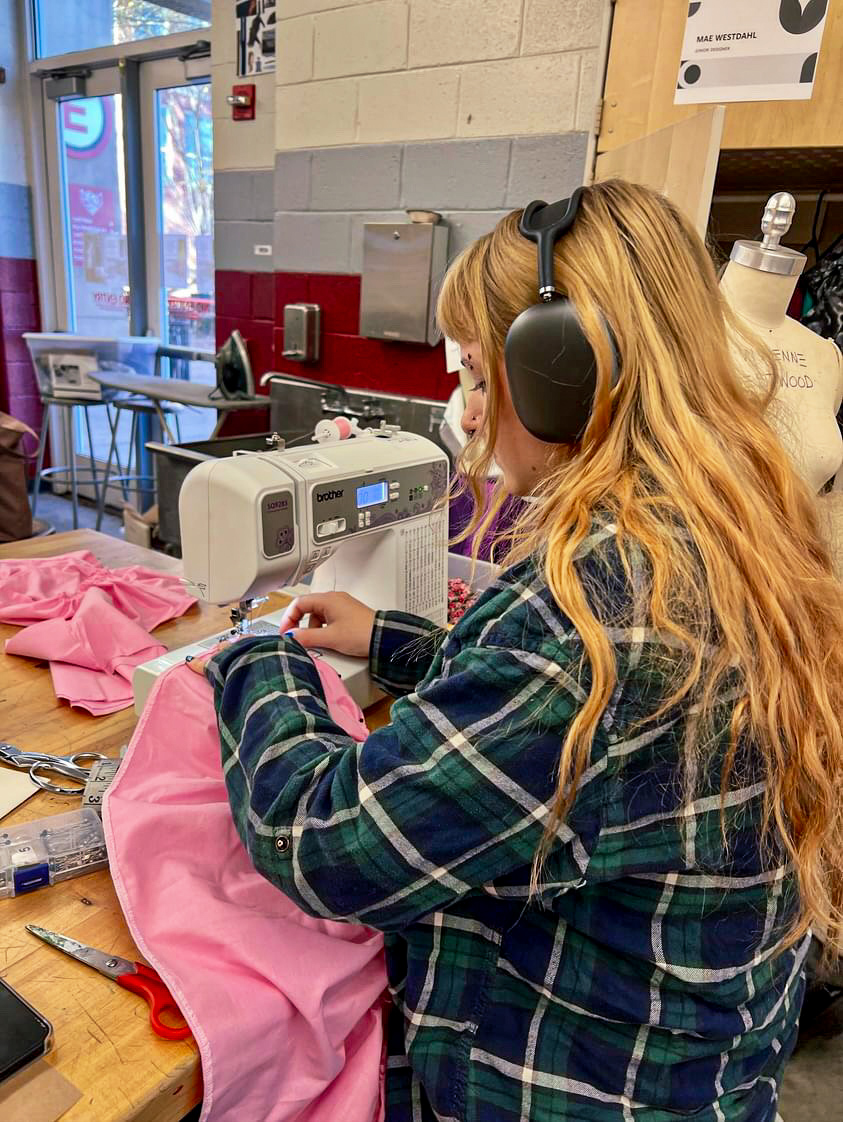Latin teacher Scott Allen spends an hour every day with his daughter, Sarah Elizabeth, just letting her sit in his lap after he picks her up from her nanny of when he gets home from work. Allen says that this is his favorite part of the day and is something he looks forward to while at work.
“We have this little routine where as soon as I get home from 4:15-4:20 to about 5 o’clock, I’ll hold her in my lap and she will just look up at me and laugh and coo and talk to me and it’s just the sweetest thing ever,” Allen said.
While having kids or adopting kids can bring joy to parents, they often find that it is difficult for them to raise and care for a small child while maintaining a job that can provide for the baby. One tiny faction of those new parents teach at Grady and deal with the same challenges, whether it be how long they can afford to take off for maternity leave or how much sleep they get at night.
In 1993, the U.S. Congress passed the Family and Medical Leave Act, which set the reasons that employees can take off work and how long they can leave without losing their job. According to that act, an “eligible employee shall be entitled to a total of 12 workweeks of leave during any 12-month period for one or more of the following: (A) Because of the birth of a son or daughter of the employee and in order to care for such son or daughter. (B) Because of the placement of a son or daughter with the employee for adoption or foster care…”
The Family and Medical Leave Act lets states decide what regulations employers must follow when it comes to paid leave and Georgia does not require employers of businesses with 50 or more employees to pay their employees who take maternity leave, unless the company offers paid sick days and the employee wishes to use those sick days. In response to facts such as this, Iona University professor of political science Jeanne Zaino wrote a couple editorials that were featured in USA Today and Inside Higher Education, asking the public whether the U.S, government does enough for new mothers in the United States. In her editorial in USA Today, Zaino commented on how far behind the United States is on maternity rights compared to other countries, especially the United Kingdom, in which new mothers are allowed 280 days off work, 252 of which are paid.
“When it comes to federally mandated maternity leave, the U.S. is sorely out of step with the rest of the world,” Zaino said in an email interview. “A few years ago, Australia passed a parental leave law, leaving the U.S. as the only industrialized nation not to mandate paid leave for new mothers.”
Out of the millions of new parents, a few of them teach at Grady. Though not a parent yet, third-year health and personal fitness teacher Tamara Aldridge is pregnant and expecting her baby to be born on Nov. 2. Due to her pregnancy, Aldridge has had to make changes to her schedule and after-school commitments in order to prepare for her baby. Aldridge mentioned that she feels bad making Jeff Cramer pick up the slack for cross-country since she has missed some practices due to doctor appointments. Aldridge hopes that her schedule changes will help her continue teaching while caring for her child.
“I adjusted my schedule so that I have tutorial before school so I think my husband will do daycare drop-off in the morning and I can come in early to take care of my responsibilities and tutorial and I’ll leave right after school,” Aldridge said. “Hopefully I can have a good balance between work and my home life.”
Geography, U.S. government and world history teacher Susan Salvesen, who has had three kids while teaching at Grady, also found that it was more difficult to teach her classes while she was pregnant.
“It was definitely harder [because] you are so uncomfortable and the air in my room didn’t work last year,” Salvesen said. “I was really tired by fourth period because of the extra weight. It was tough.”
Salvesen also said that, though teaching while being pregnant is difficult, teaching while having to care for a baby is even harder.
“You never feel like you do anything 100 percent. It’s not like you can stay here till six o’ clock at night and get everything done and have everything done for tomorrow,” Salvesen said. “It takes a lot more organization to do it well because you have to get things done and go pick up your kid and it definitely affects [my] teaching.
“I have to do more work at home, but I have to wait untill my kids go to bed so its a real hard balancing act keeping all the balls up in the air and making sure they don’t fall down.”
Allen, whose wife gave birth over the summer to their daughter, tries not to take his work home with him and draws a line between his school and home life. He said that caring for his daughter was easier over the summer, but has become more challenging since the school year started.
“I used to work a lot; I would stay late after school [and] I would have tutorial quite frequently,” Allen said. “I would work on lesson plans and making new material for my classes and grading papers.
“I think that it is really important that when I go home, I don’t work. From the point [that I get home] until I go to bed at night my sole goal is to take care of my daughter and be with my wife.”
Allen stated that his new responsibilities such as being a department chair make it harder to get his work done, but he still does not grade papers or check his work email when he gets home. Allen has found that another issue that he has had since his daughter was born is the amount of sleep he is getting.
“I’m tired,” Allen said. “I’m wiped out. I don’t have the energy that I’m used to having and I feel like it has affected my teaching. I don’t feel like I am as effective a teacher that I have been over the last couple of years and that’s hard to accept.”
Grady teacher Nadia Goodvin has taken a different path than some of her colleagues by adopting three kids from foster care. Goodvin said she wanted to adopt kids because she wanted to have kids, but there are already a lot of kids who don’t have families. She also wanted to respect her grandmother, who was adopted. Goodvin mentioned that the adoption process is long and involves many steps.
“You have to go an orientation and then start going to trainings for about three months once a week,” Goodvin said. ”Then after that, they come to your home and do a full-scale home study where they ask you about your childhood, they look at your house, they want to make sure your dogs have rabies shots [and] that your house is baby-proof for the age that you want to adopt. They check with your references and your friends and your family that you are not a danger to children or the community.”
She said that when she first got her kids, they were nice, but then became difficult in order to test her and make sure that she “wasn’t going to throw them back to [Foster Care].”
Goodvin stated that even though her kids have warmed to her, she still has a hard time keeping up with them and teaching at the same time.
“[I get] no sleep,” Goodvin said. “They get up at the crack of dawn; it doesn’t matter the day or what time you put them to bed. I used to be much more of a night owl and get up to go to work in the morning and be just fine, but I can’t function if I do that now because [I have] no down time after work.”
Despite the challenges that Grady teachers have had trying to work and take care of their children, they have found that in some ways, it has motivated them to improve their attitude towards teaching.
“Since having kids, it really makes you want to be a better teacher,” Salvesen said. “Now that Nora Ann is in kindergarten, I feel like teaching is so important. It makes me want to do better for my own kids and has sparked a new interest in a field I’ve been in for a long time.”




